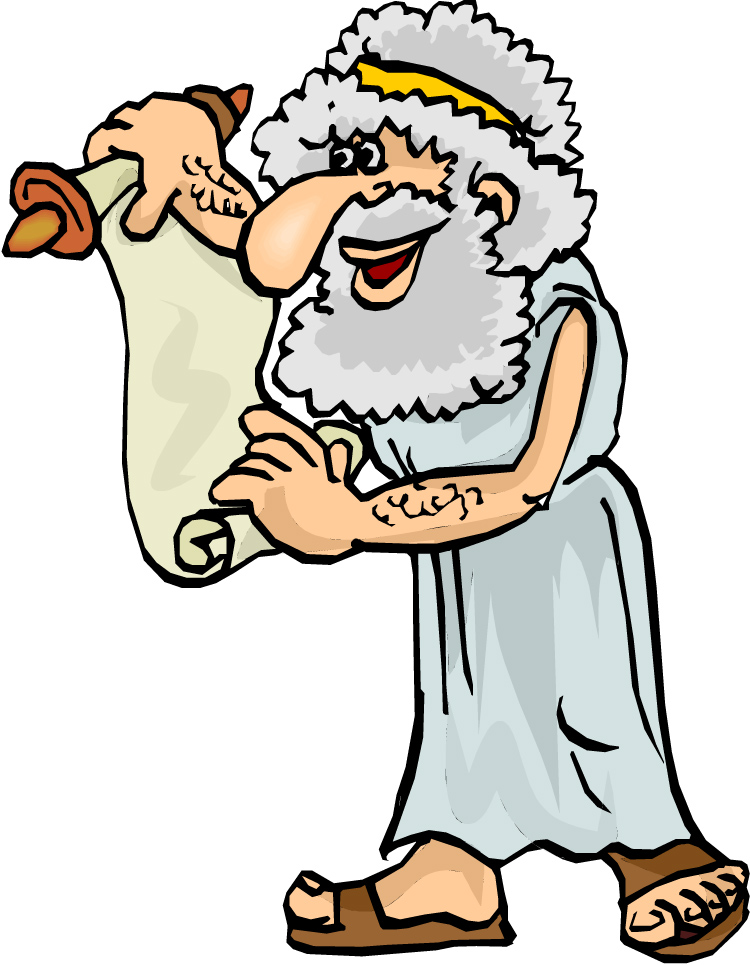
The Millennium or Messianic Era lasts for a 1000 years. (Rev 20:2–7)
The regathering back into the land of Israel (the Promised Land) of Israelites who have been scattered throughout the earth in fulfillment of YHVH’s promises to Abraham is to occur. (Jer 32:36–38; Isa 14:1–2; Isa 60: 4, 9)
Ancient Israel entering the Promised Land is a type of believers entering into the Millennium. (Heb 3–4)
During the Millennium the following is to occur:
Elohim will live with his people. (Ezek 37:26–28)
David will rule as King over Israel. (Ezek 37:24–25)
YHVH’s annual feasts will be kept by all people. (Ezek 46:3–6; cf Col 2,16–17)
YHVH’s government will be established on Mount Zion in Jerusalem. Torah will go forth from Mount Zion and the nations will go up to Mount Zion to worship YHVH in the house (temple) of YHVH. (Mic 4:1–2)
A highway of YHVH, or a highway of holiness will lead to Zion. (Isa 35:8–10)
Whether literal or spiritual, living waters will flow from Jerusalem and Yeshua’s throne. In Ezekiel’s vision, water was flowing from under the threshold of the temple toward the east. (Ezek 47:1; also Zech 14:8)
On the banks of this river, there were very many trees on each side. (Ezek. 47:6–9)
People will live to a very old age. (Isa 65:20)
Crowds of people will flock to Jerusalem. (Zech 2:1–4; Isa 49:14)
The temple in Jerusalem will be rebuilt. (Zech 6:15; 14:20–21; Hag 2:6–9)
The Messiah will be king over the whole world. (Zech 6:9–13; Isa 11:1–5; Rev 20:6; 5:9–10)
The nations that do not want to serve and obey YHVH will be destroyed. (Isa 60:12; Zech 14:16–19; Isa 9:5–7)
The Millennium is the fulfillment of many glorious prophetic promises YHVH has made concerning his people of Israel (including Christians). Many Christians see the Millennium as the place where the righteous Israelites (i.e. Jews) will reign with Messiah, while the Christians will be reigning spiritually in heaven. In other words, the Jews have a physical inheritance or kingdom on this earth, while the Christians have a spiritual inheritance and kingdom in heaven. For those who believe this way, the Millennium is a symbolic metaphor for heaven.
For those who believe that the Millennium is merely a symbolic metaphor, the 70 or so scriptures in the Tanakh dealing with the Messianic Age are assigned to the “church.” To interpret Scripture in this manner is a form of spiritualization of the peshat or plain meaning of these prophecies and a form of replacement theology where the church as replaced the Jewish people. Much of this confusion stems from not knowing who Israel is as opposed to the Jews (descended primarily from the tribe of Judah, which is only one of the twelve tribes of Israel).
In my understanding of the Millennium, we take literally the words of Yeshua when he said that the meek would inherit the earth (Matt 5:5), not heaven. For us, this means that YHVH’s people, the saints, made up of both the Jews and those of the nations who combine in Yeshua to become the one new man and nation of Israel (Eph 2:11–19) and part of the olive tree of Israel (Rom 11:17ff), and are the seed of Abraham (Rom 4:16; 9:8–11; Gal 3:7, 8, 14, 28–29). These people will rule with Yeshua as kings and priests in his kingdom on earth for a thousand years during his millennial kingdom on earth (Rev 1:6; 5:10).





